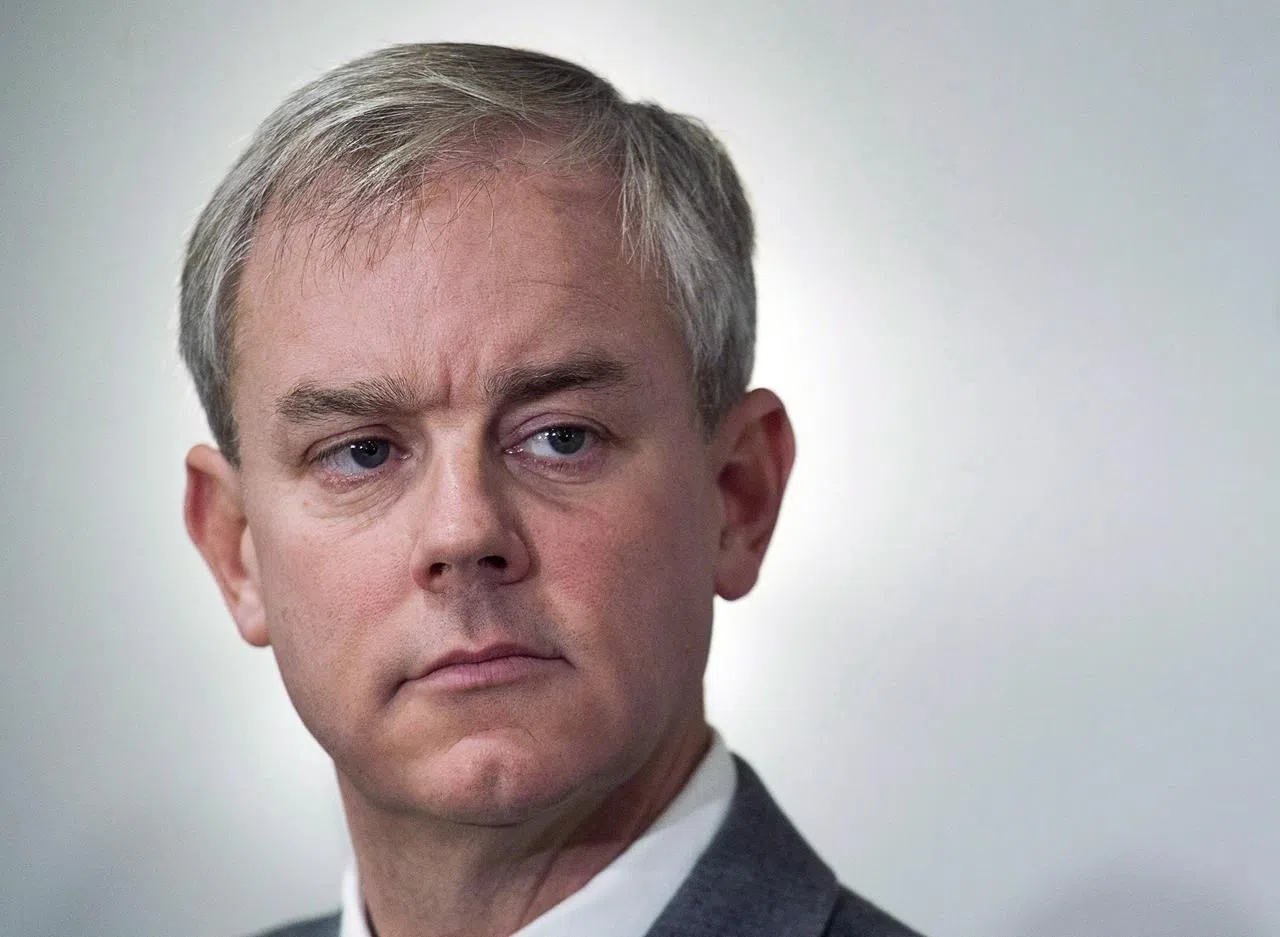
Former deputy police chief denies he asked officer to lie at Oland trial
SAINT JOHN, N.B. — The former deputy chief of the Saint John police force has told the Dennis Oland murder trial he did not ask an officer to lie about his visits to the bloody crime scene where Richard Oland’s body was found.
Retired deputy chief Glen McCloskey was on the stand Thursday, day 17 of the Oland trial, where he firmly denied the allegation that he asked a fellow officer to conceal the fact McCloskey made two entries to the crime scene, one out of nothing more than “professional curiosity.”
The amount of foot traffic going in and out of the small Saint John office where the bludgeoned body of multi-millionaire Richard Oland was found on July 7, 2011, is a key issue for defence lawyers.
“Isn’t it possible you could have stepped on a small piece of evidence, something you did not see, while you were in the office?” asked defence lawyer Alan Gold.


